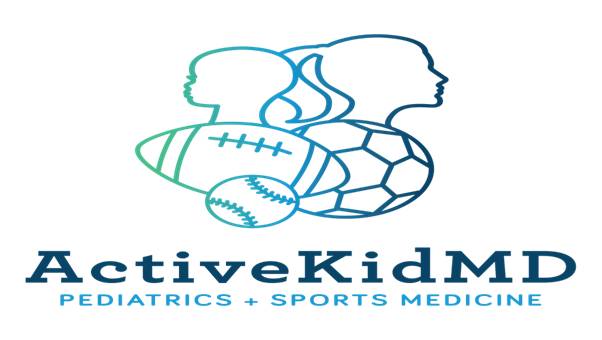Can Vision Training Reduce Concussions?
While laudable efforts have been put into recognition, evaluation and treatment of a concussed athlete, those are all secondary prevention things done after the injury has already occurred.
Ideally, anything that can be done in the primary prevention world to stop concussions in the first place would be held in the highest of regard.
Helmets and other types of head gear unfortunately haven't served a sufficient protective role.
Now, there are efforts to look at the potential role of Visual Training to Reduce Concussion Incidence in Football, and pardon the pun, the results are eye-opening.
Over the course of 4 football seasons, researchers at a Division 1 Football institution used light board training, strobe glasses, and tracking drills during pre-season summer camp and followed with weekly light board training during the season.
Findings indicated an association of a decreased incidence of concussion among football players during the competitive seasons where vision training was performed as part of the preseason training. The authors suggest that better field awareness gained from vision training may assist in preparatory awareness to avoid concussion-causing injuries.
The research team did caution that this is an exploratory study and asked that future large scale clinical trials be performed to confirm the effects noted in this preliminary report.
What are my thoughts on this study?
- I recall a discussion with a colleague regarding apparent increased in both number and complexity of concussed young athletes compared with 5-10 years ago. There is little doubt that increased concussion awareness accounts for higher patients numbers, but what about the complexity? One offered answer surrounded the extent of visual stimulation required of students today- from tablets to smartphones, from more screen time and power point presentations- visual overload can lead to lower threshold for head injury. While this hasn't been strictly proven, the findings of the above study could lend support to more effective visual processing and perhaps less overall eye strain may be protective against concussions.
- The study does compare head injury rates in the four years prior to the study and those found in the four years with the visual training intervention. There were coaching changes and thus possibly differences in contact exposures between the before and after groups. Trying to compare the reported rates of concussion between this institution and other Division 1 school can be difficult- many programs are very guarded with injury rates, especially when it comes to concussion. All reported concussion numbers (pre/post) seem somewhat low, but again, hard to make an exact statement due to lack of comparison data.
- If these results are validated, I have to wonder if teams will invest the time and energy to adopt such a program. Knee injury reduction programs have been developed with solid supporting evidence, but use by teams lags sorely lags. Concussions are obviously a big deal, so I'd like to think that credible prevention programs would be readily put into place, but part of me has doubts from this past experience.
- Agree with the study authors that this is a preliminary study that merits further investigation with more schools and players of different ages. Not ready to run out and ask schools to invest in the visual training equipment and protocols just yet, but quite eager to see if others can reproduce these results.
I think all of us in the sports medicine world are looking for evidence-based techniques to reduce/prevent concussions. Do the results of the above study seem reasonable to you? Would your team or group be willing to put in the time investment if such a program proved able to limit concussions?
